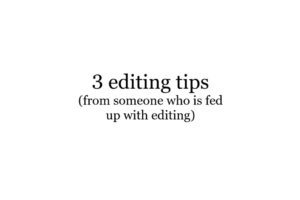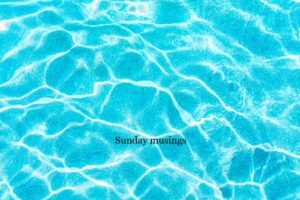Orwell’s Nineteen Eighty-Four and Huxley’s Brave New World are often cited as the very best examples of dystopian literature. Although it would be a little excessive to state that modern society owes its enjoyment of free will to these two novels, we would arguably be living in a very different reality without them.
However, these novels in turn owe their existence to We by Yevgeny Zamyatin. Written in 1921 before World War Two could terrify and fascinate literary minds throughout the world, Zamyatin is the true father of dystopian literature.
Having read all three, it’s hard not to think of Nighteen Eighty-Four, Brave New World and We as one entity. In all of them there is a love story between the main character and a rebellious woman, there are initial seeds of doubt formed within the narrative that evolves into pure detestation and abhorrence for the governmental forces, and there are elements of science and strict clinical order that forms the basis of the power behind the regime over society.
That being said, there is one particular aspect of We that makes it stand out above the rest: the beauty of its prose.
Nineteen Eighty-Four and Brave New World have powerful metaphors and bold, easily recognisable imagery, but We has a gentle beauty that I don’t think anyone would expect from such a dark story:
“There is no final one; revolutions are infinite.”
“A human being is like a novel: until the last page you don’t know how it will end. Or it wouldn’t be worth reading…”
“All of life in its complexity and beauty is forever minted in the gold of words.”
“What is it to you if I don’t want others to want for me, if I want to want myself — if I want the impossible…”
“Happiness without freedom, or freedom without happiness. There was no third alternative.”
“Her smile was a bite, and I was its target.”
Proof that dystopian fiction can be beautiful.


Leave a Reply